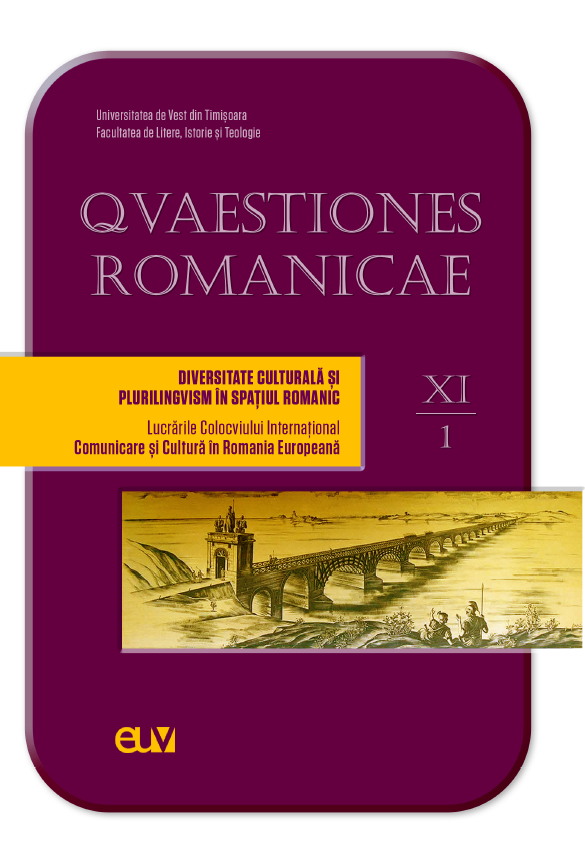Diversité culturelle et multilinguisme dans le roman Une vie de boy de Ferdinand Oyono
Abstract: (Cultural Diversity and Multilingualism in Ferdinand Oyono’s novel Houseboy) The present article aims to examine the issues of cultural diversity and multilingualism in Ferdinand Oyono’s novel, “Houseboy” (1956). First, it explores the plural linguistic imagination of the Cameroonian author’s writing, the coexistence of several languages and registers – French, Spanish, Ewondo, Ndjem and Petit-Nègre –, in order to show how this co-presence can deconstruct the colonial discourse. Second, it sheds light on the evolution of the protagonist-narrator, Toundi, whose ability to navigate between different cultures places him in a hybrid space, Bhabha's “third space”: an ambivalent place of compromise, source of conflict and suffering. Finally, it highlights the hierarchy of cultures, languages, and races in this anti-colonial novel, displaying the author's determination to defend his own culture and to caricature that of the colonizers.
Keywords: Ferdinand Oyono, Houseboy, Cameroon, multilingualism, cultural diversity, anticolonialism.
Résumé : Cet article se propose d’examiner la mise en œuvre de la diversité culturelle et du multilinguisme dans le roman Une vie de boy (1956) de l’écrivain camerounais, Ferdinand Oyono. Dans un premier temps, nous analyserons l’imaginaire linguistique pluriel de l’écriture oyonienne, voire la coexistence de plusieurs langues et registres de langue - le français, l’espagnol, l’ewondo, le ndjem et le petit-nègre -, afin de démontrer comment cette co-présence permet de déconstruire le discours colonial. Dans un second temps, nous mettrons en lumière l’évolution du protagoniste-narrateur, Toundi, dont la capacité de naviguer entre les différentes cultures le situent dans un espace hybride, le « tiers espace » de Bhabha : un lieu ambivalent et de compromis, source de conflit et de souffrance. Finalement, nous nous attarderons sur la hiérarchisation des cultures, langues et races dans ce roman anticolonial, affichant la détermination de l’auteur à défendre sa culture et à caricaturer celle des colonisateurs.
Mots-clés : Ferdinand Oyono, Une vie de boy, multilinguisme, diversité culturelle, anticolonialisme.
